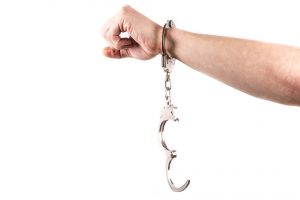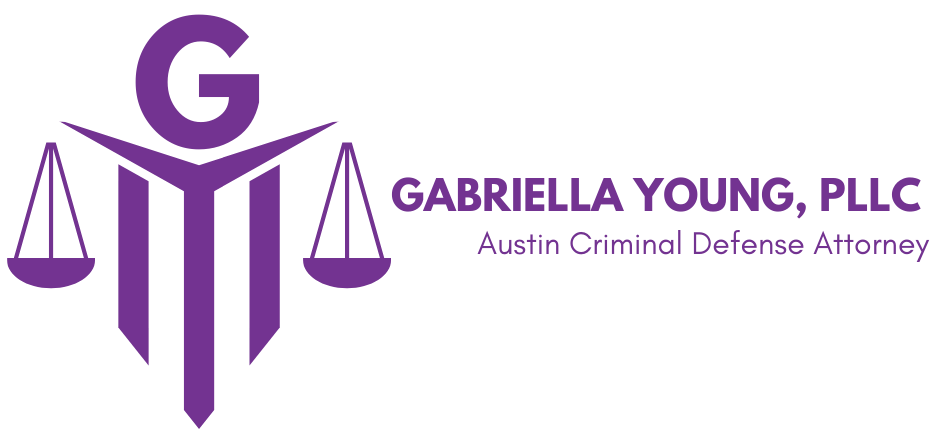
Texas is a state that has some extremely strict laws in terms of possessing drugs and other forms of illegal narcotics and controlled substances. If you’re even convicted of something like this, you stand to face penalties such as fines, probation, jail time, and losing your driver’s license for six months.
Many of these violations are listed under the Texas Penal Code. The only downside is that not every normal person can interpret what’s listed properly, nor can they fully understand how everything is applied in a courtroom. This makes it especially important to speak with an attorney whenever you find yourself subject to drug possession laws and penalties in Texas.
Simple Drug Possession
State law implements penalties that range from somewhat minor misdemeanors to more severe felonies. There are certain factors that will help to determine this, such as:
- Quantity
- Possessing a drug alongside paraphernalia
- How the drug was concealed and/or stored
- Previous convictions and/or offenses
- Drugs found alongside large amounts of money
Marijuana Possession
Marijuana is classified as a controlled substance by itself and has its own set of penalties that are different than other drugs. Perhaps the most common offense is having under two ounces of it, which will get an offender sentenced to 180 days in jail. In many instances, however, attorneys will be able to negotiate for probation in exchange for an offender entering a drug treatment program, with charges being dropped if the offender completes it. On the other hand, possessing more than two ounces of marijuana carries penalties that range from 180 days in jail to 20 years in prison, as well as a fine totaling up to $10,000. Possessing more than 2,000 pounds of the drug will sentence the offender to life in prison.
Cocaine, Meth, and Heroin Possession
These drugs are known as Penalty Group 1 in Texas. The minimum penalty for possessing these drugs can be two years in jail plus a fine totaling $10,000, while the maximum punishment can be a life sentence, but only if an offender punishes 400 grams or more.
LSD Possession
Placed under Penalty Group 1A, LSD possession can sentence an offender to jail anywhere from two years to life, as well as a fine totaling up to $250,000.
PCP, Mescaline, Ecstacy Possession
These drugs are placed under Penalty Group 2 in Texas and carry penalties including a two-year jail sentence for those who possess less than one gram. For 400 grams or more, offenders will be sentenced to life in prison, as well as a fine totaling up to $50,000.
Valium and Ritalin Possession
These groups are placed in Penalty Groups 3 and 4 and, while they are common prescription drugs, possessing them without a legal prescription can sentence an offender to a minimum of a year in jail and a fine totaling approximately $4,000. With 200 grams or more, the maximum sentence is 20 years in prison and a fine of around $10,000.
Laws Regarding Delivery and Manufacture of Controlled Substances
These punishments vary depending on drug type and quantity that is involved with the actual offense. Felony drug offense penalties include a prison term of up to 99 years and fines of up to $250,000. The involved substances include:
- Narcotics (opium, fentanyl, codeine, morphine, hydrocodone, etc.)
- Depressants (inhalants, barbiturates, chloral hydrate, etc.)
- Stimulants (cocaine, amphetamines, etc.)
- Hallucinogens (marijuana, PCP, LSD, etc.)
DWI and Public Intoxication
If you are found to be high in public while in Texas, you can actually be charged with public drunkenness under state law. The Texas Penal Code mandates that intoxication does not necessarily mean impairment only through alcohol – it can also mean being impaired through use of a drug or other controlled substance. It is against the code for an individual to be in a public place while intoxicated to an extent that a danger may be presented to themselves or another individual, or if an intoxication is explained to have been administered to an individual for therapeutic or medical purposes. This type of offense is classified as a Class C Misdemeanor.
This also applies to DWIs as well, as you can be impaired in this manner by drugs just as with alcohol. Operating a vehicle while in this manner is a Class B Misdemeanor, which can result in a sentence of 72 hours of confinement, or 6 if an open container was found.
If a child is in a vehicle while a driver is intoxicated, this is considered to be a state jail felony.
Defense Strategies
Many counties operate various diversion programs that enable first-time offenders to have their charges dropped if they are able to successfully complete a program. This may involve going through drug treatment/education, alternative sentencing, or community service. Charges will be voided if the program is successfully completed, making it look as if you were never arrested. As a result, you will have a clean criminal record.
It is highly recommended that you contact an attorney to have your case completely evaluated if you find that you need assistance to fight a drug case, as they will do everything in their power to assist you.

